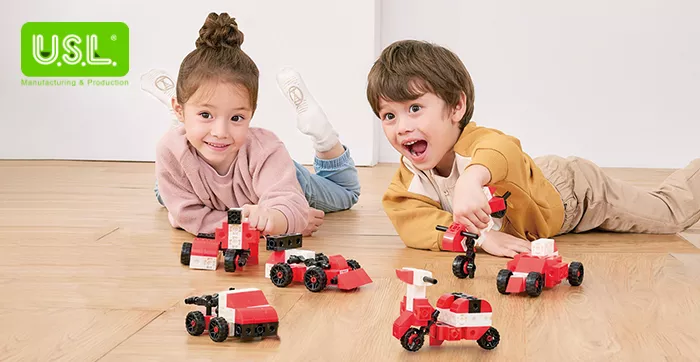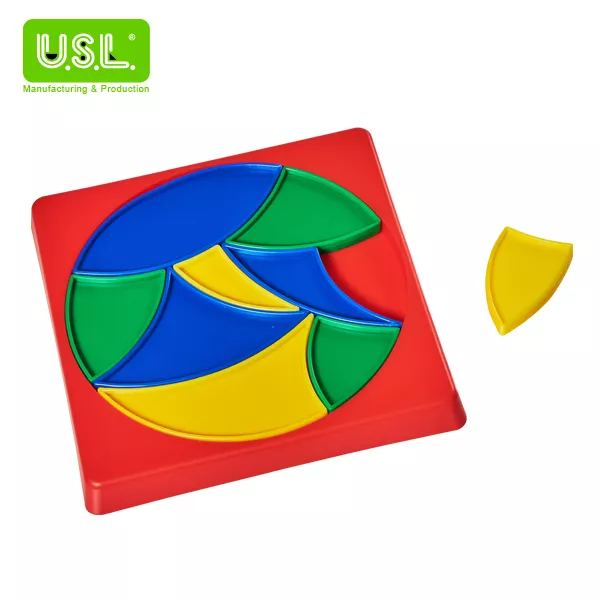Enhancing Parent-Child Interaction Through Educational Toys

How Educational Toys Facilitate Parent-Child Interaction:
Choosing the Right Educational Toys:
Selecting educational toys requires consideration of the child's interests and age. For toddlers, brightly colored toys with various shapes and textures can stimulate sensory development. For older children, toys that require problem-solving or strategic thinking, such as puzzles, building blocks, construction sets, or board games, can ignite their cognitive abilities and creativity.The Importance of Playing Together:
Parents playing educational toys with their children can deepen emotional bonds and provide an opportunity for parents to model social skills and problem-solving techniques. Participating together in games also offers chances for conversation, discussing challenges, sharing ideas, and enhancing mutual understanding. Setting common goals with educational toys (like completing a building block set) can teach teamwork and patience.
Promoting Communication and Understanding:
While engaging with educational toys, parents can encourage children to express their thoughts and feelings. Asking why they chose a particular structure in a construction game or how they feel about difficulties faced during play can not only foster language skills but also deepen trust and understanding between parent and child.
Learning Through Fun:
Combining learning with play is an effective way to boost children's motivation to learn. Educational toys provide a safe environment for children to experiment, make mistakes, and learn resilience through trial and error.
Educational Opportunities:
Educational toys can serve as tools for teaching various concepts like shapes, colors, numbers, etc. This educational process is more engaging for children, allowing them to learn joyfully.
Time Management:
Educational toys can help establish time management skills. Setting aside specific times for play teaches children when to enjoy themselves and when to focus on other tasks.
Educational toys can help establish time management skills. Setting aside specific times for play teaches children when to enjoy themselves and when to focus on other tasks.
Key Features of Educational Toys:
Educational toys can spark children's creativity, encouraging them to think about how to create, assemble, or solve problems, fostering their imagination and creative thinking.
Facilitating Learning:
Educational toys can teach children valuable skills like math, science, language, and logic through play, allowing them to absorb new knowledge effortlessly.
Enhancing Problem-Solving Skills:
Designed to require problem-solving, these toys help children develop this ability, boosting their confidence.
Educational toys not only offer entertaining activities for children but also play a crucial role in parent-child relationships. These toys can help build closer connections, foster growth and development in children, and provide parents and children with opportunities to spend quality time together. Therefore, as manufacturers of educational toys/blocks, it's vital to actively promote these toys to help more families enhance their parent-child interactions and promote the holistic development of children.
Recommended articles
➤ Educational Toys for Children: Key Selection Insights Revealed!
➤ How to Choose the Right Educational Toys for Different Ages and Interests?
➤ How to Spark Children's Interest in Educational Toys?
➤ What Types of Educational Toys Are There?
➤ How Educational Building Blocks Help Children with Developmental Delays
➤ How to Choose the Right Educational Toys for Different Ages and Interests?
➤ How to Spark Children's Interest in Educational Toys?
➤ What Types of Educational Toys Are There?
➤ How Educational Building Blocks Help Children with Developmental Delays
Recommended products




